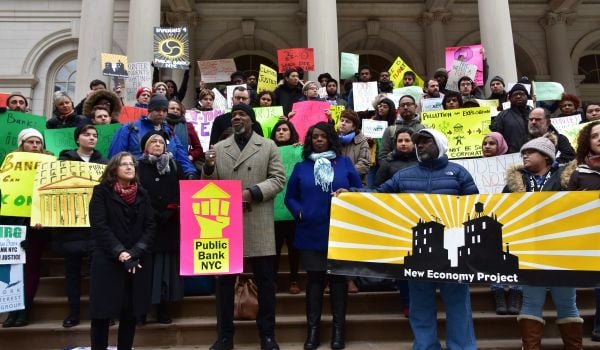New York City Comptroller John Liu announced the city’s plan to drastically reduce procurement costs yesterday by partnering with SmartProcure, a database stocked with 58 million purchase orders from more than 2,200 cities, states, school districts and federal agencies.
Why every city doesn’t use SmartProcure is what I find most curious. Need cheaper materials for a construction project? It only makes sense to find out how other municipalities saved a few bucks without compromising quality. SmartProcure’s extensive database will allow agency chief contracting officers to find the best price and value. As Reuters reported this morning, Rockland County in upstate New York saved $38,000 on asphalt rollers for a highway construction project by using SmartProcure.
New York won’t star in the next season of Extreme Couponing, but it is set to save a boatload of cash by finding better deals. “If better procurement data reduces the City’s $11 billion contracts budget by just 1 percent, we will realize savings of more than $100 million a year,” Ari Hoffnung, deputy comptroller of budget and public affairs, said in a statement. “This is one of the many ways that ‘Big Data’ can help make local governments more efficient.”
This doesn’t necessarily mean that New York will move away from contracting local companies, but it does send a signal to local contractors that their bids will have to be cost-effective. Mayor Michael Bloomberg has been a champion of government contracting opportunities for minority- and women-owned businesses during his tenure, and I see no reason why many of those companies can’t make their way into the SmartProcure database. It’s healthy competition for the city and for New York businesses.
The Equity Factor is made possible with the support of the Surdna Foundation.

Bill Bradley is a writer and reporter living in Brooklyn. His work has appeared in Deadspin, GQ, and Vanity Fair, among others.

















